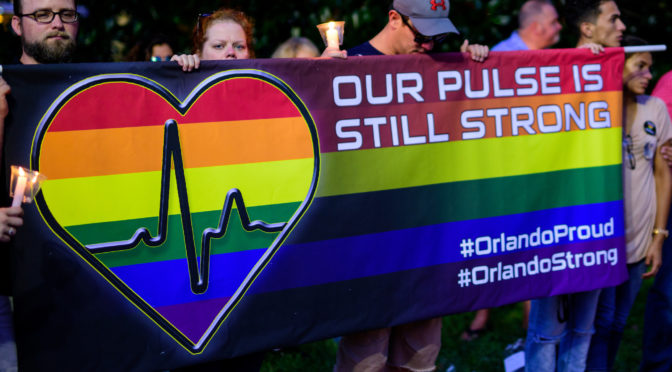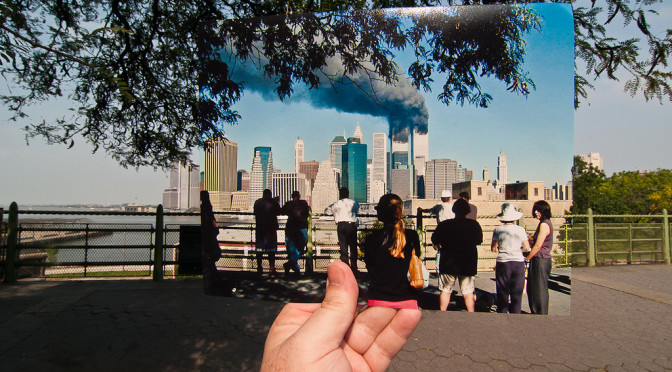By Michael Berkman and Eric Plutzer
As Americans grieved after the mass shooting at the Pulse nightclub in Orlando last month, Democrats and Republicans reacted quite differently to the news, according to a new “Mood of the Nation” poll developed by Penn State’s McCourtney Institute for Democracy. Our findings indicate that while this tragedy brought us together as a nation, it also demonstrates the extent that the issue of gun control has come to divide our political parties.
The “Mood of the Nation Poll” is a new periodic scientific poll that assesses opinions by posing a series of open-ended questions to a representative sample of 1,000 Americans. It allows ordinary citizens to tell us what is on their minds, without being restricted to a small number of predetermined answers. The first poll of its kind, we asked 500 people in our sample to tell us what it was in the news that made them angry and what made them proud; we asked another 500 people what in the news made them ashamed or what made them hopeful.
Continue reading Focus on research: How did a polarized America react to Orlando?




